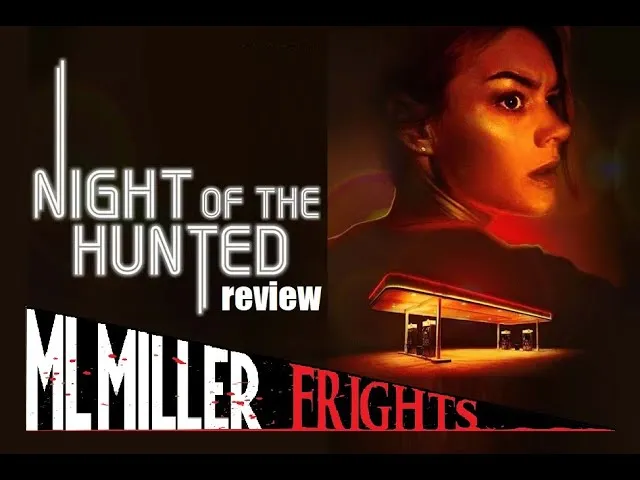Dust is a British historical drama TV movie, directed by Johnny Kenton, set in the early 20th century during the period following the First World War. The film follows the story of a young, ambitious woman named Lottie (played by Jessica Brown Findlay), who faces the harsh realities of life after the war and the dramatic changes it brings to society. She is determined to navigate through a world that is reeling from the aftermath of the war while confronting her own personal struggles.

Lottie's life takes a significant turn when she becomes involved in a relationship with a man named Charlie (played by James McArdle), who is struggling to adapt to life after serving in the war. As they both try to come to terms with the psychological scars left by the conflict, their bond becomes more complicated, and Lottie must contend with societal expectations, love, and betrayal. The film’s themes revolve around the challenges of recovery after trauma, the intricacies of human relationships, and the internal battle for self-identity during a time of societal upheaval.

Throughout the film, Dust explores the psychological and emotional tolls left on individuals by the war, showing the complex nature of post-traumatic stress and how it affects not only soldiers but also the families and communities around them. Lottie's journey reflects the struggles of women in a post-war world, where their roles and expectations were constantly changing as the social fabric was being redefined. As she faces these challenges, Lottie finds herself questioning her place in a world that seems to be moving away from traditional values while trying to forge her own path in a fractured society.

Dust also offers a broader commentary on the impact of war on the civilian population, exploring how the effects of global conflict reach far beyond the battlefield. The emotional journeys of both Lottie and Charlie reveal the long-lasting repercussions of war, particularly the way it alters not just those who fight, but also those who are left behind. The relationships portrayed in the film depict both the destructive and healing aspects of love, emphasizing how human connection can be a source of both solace and pain.

In conclusion, Dust is a powerful and evocative exploration of post-war life, addressing themes of trauma, healing, love, and personal transformation. The film sheds light on the emotional wounds that linger long after the war is over, offering a moving depiction of how individuals, particularly women, struggled to find their way in a rapidly changing world. The rich character development and poignant storytelling make Dust a compelling and thought-provoking film about the lasting impact of history on personal lives.



